Tuesday, April 30, 2024
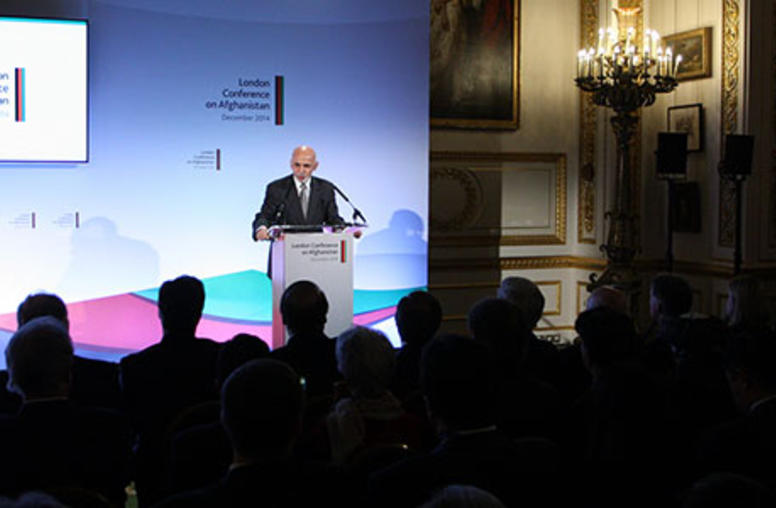
Afghanistan: Struggling for Momentum in London
It was yet another big international meeting on Afghanistan, one of a dozen or so high-profile diplomatic extravaganzas at the ministerial or head-of-state level since January 2002. But the meticulous efforts to plan these meetings, which are set months if not years in advance, are sometimes mocked by the capricious unfolding of events.
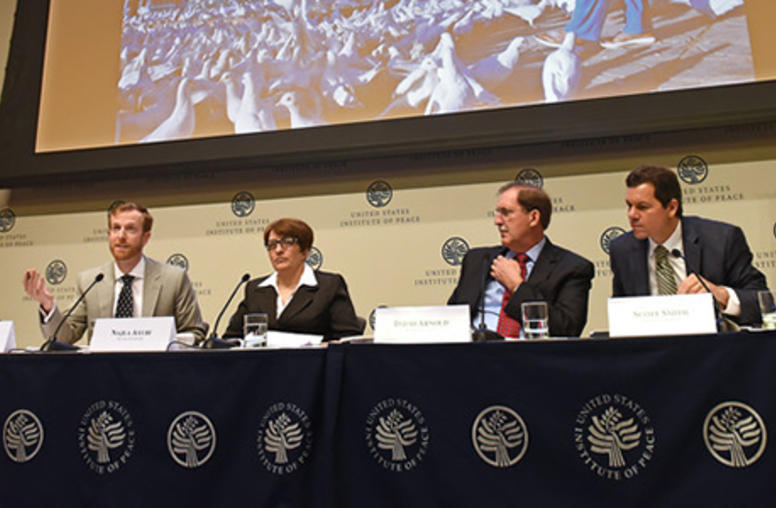
Afghans Express Cautious Optimism: Survey Shows Governing is Key
The results of the 10th annual Asia Foundation survey of the Afghan people provides some indication that a government that seeks to govern with greater inclusivity, respect for the rule of law and attention to justice might also help strip the insurgency of any remaining legitimacy and strengthen the government’s negotiating hand as international troops withdraw. This will be the major challenge of Afghanistan’s new, reform-oriented government.
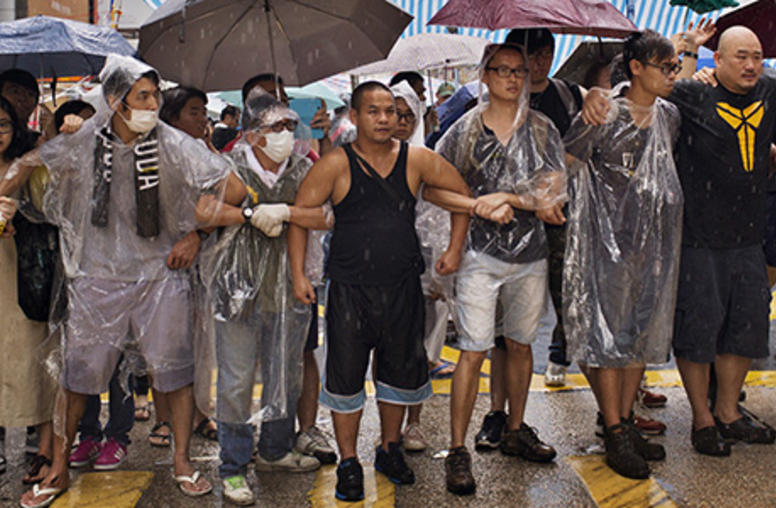
Confronting Repression: Donors, Civic Groups Brainstorm Solutions
A Filipino activist fighting human trafficking, a member of a watchdog group in Uruguay, an Egyptian peacebuilder, an anti-corruption campaigner from Ghana, a Dutch freedom-of-expression activist and an American tech- and civic-engagement guru – these are just a few of 47 civic leaders who met in Turkey this month to discuss ways of supporting civil society in an era of increasing government repression.
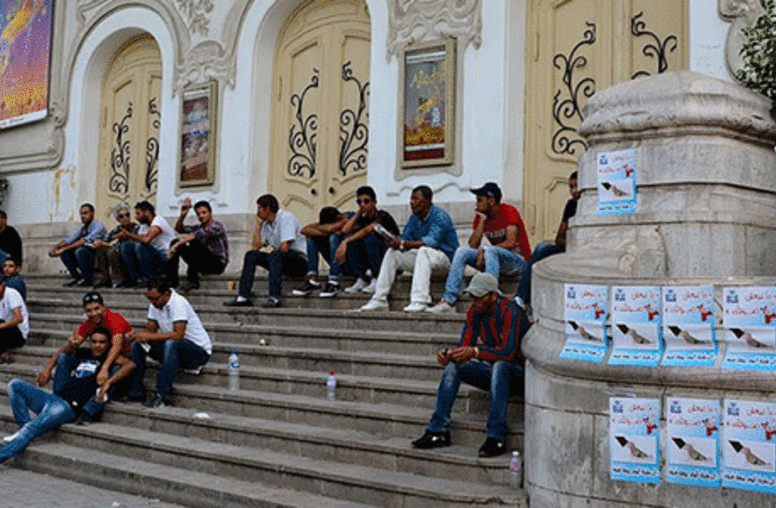
Tunisia Votes: Observations from the field (Video)
Between October 21 and 30, 2014, Joyce Kasee and Hamid Khan were short-term elections observers with the Carter Center’s Elections Observations Mission in Tunisia. The Carter Center works globally to advance democratic elections and governance consistent with universal human rights.
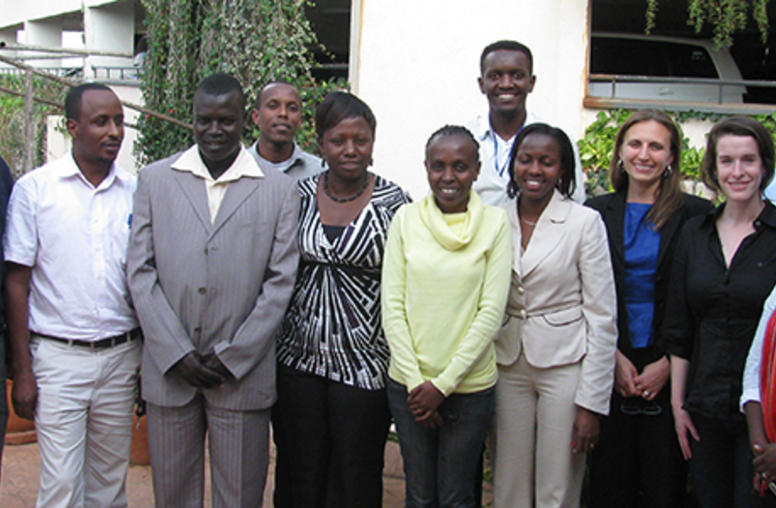
Kenyans Question "Prevention Success" of 2013 Elections
A Nairobi audience of journalists, election officials, and civil society gathered to hear the results of field work conducted in 10 counties across Kenya. The study gauged popular attitudes about the factors that explained the absence of widespread violence during Kenya’s 2013 Presidential elections. Conventional wisdom among international observers indicated that these elections presented a ‘prevention success,’ since the widespread violence of the 2007-08 elections had not been repeated. Bu...
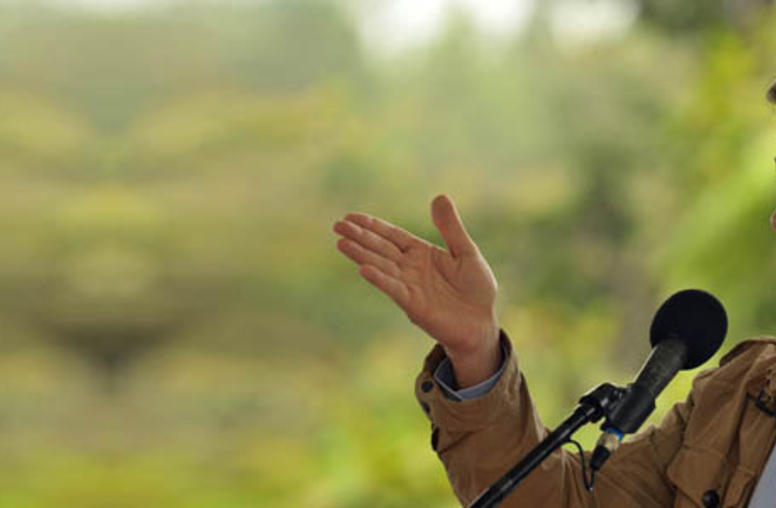
FARC-Colombia Talks Advance in Havana
On Friday, November 7, President Juan Manuel Santos wrapped up a five-day diplomatic marathon for peace to the capital cities of Madrid, Brussels, Berlin, Lisbon, Paris, and London. He met with heads of state, kings, princes, and the leaders of the European Union and the Organisation for Economic Co-operation and Development (OECD), where Colombia’s membership is under consideration. Santos garnered widespread political support for Colombia’s peace process with Colombia’s largest insurgency, ...
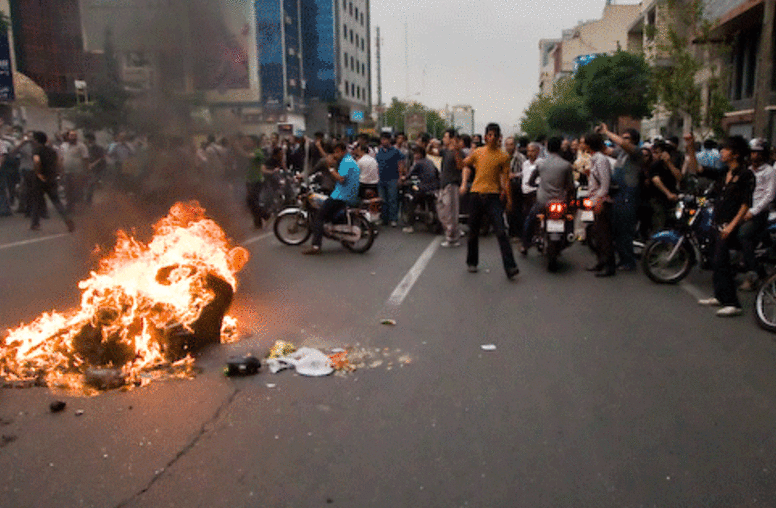
Preventing Election Violence: Equal Risk, Different Results
Even in the tumultuous history of Bangladesh, the deadly campaign-related violence that plagued this year’s parliamentary elections seemed unprecedented. Hundreds reportedly were killed amidst bitter feuding between the governing Awami League and the opposition Bangladesh Nationalist Party. And yet the risk factors for such turmoil aren’t that different from difficult but more peaceful places like Malawi. A USIP project is examining those and three other cases to determine how and when electoral violence prevention efforts might be able to help.
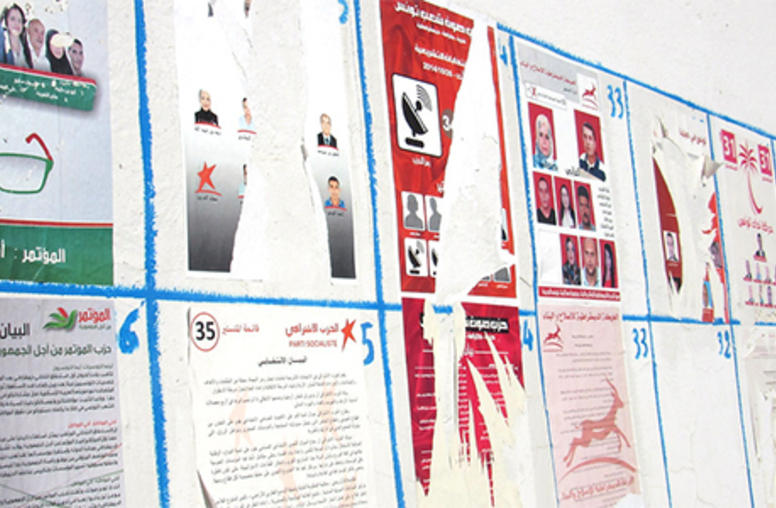
Tunisia’s Secret Sauce: From Freedom to Responsibility
On one of the busiest intersections of Tunisia’s coastal city of Monastir stands a prominent building draped in red-and-white banners urging citizens to vote. Miniature Tunisian flags hang over the pillared entrance. Like similar buildings all over the country, the structure has been converted from a political party hub of the former dictator to a regional election-information center. The hive of activity inside during the run-up to Tunisia’s October parliamentary election and the coming pres...
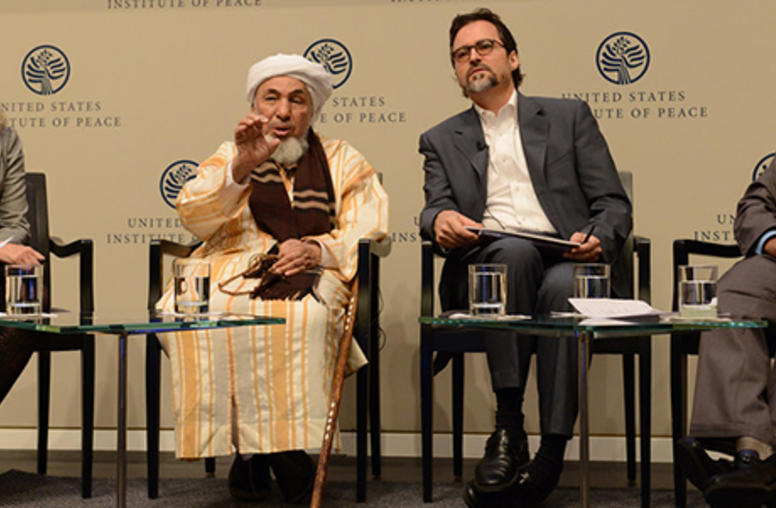
Religious Leaders Countering Extremist Violence: How Policy Changes Can Help
As the militant group calling itself “Islamic State” stormed across northern Iraq and Syria in recent months, prominent imam Sheikh Abdullah bin Bayyah and more than 100 other Muslim leaders flew into action, drafting a condemnation of the insurgent group’s actions with an appeal to Islamic jurisprudence. In Burma (Myanmar), as Muslims have faced persecution from Buddhist extremists, some Buddhist monks offer shelter in their monasteries. In Nigeria, the kidnapping of hundreds of schoolgirls ...
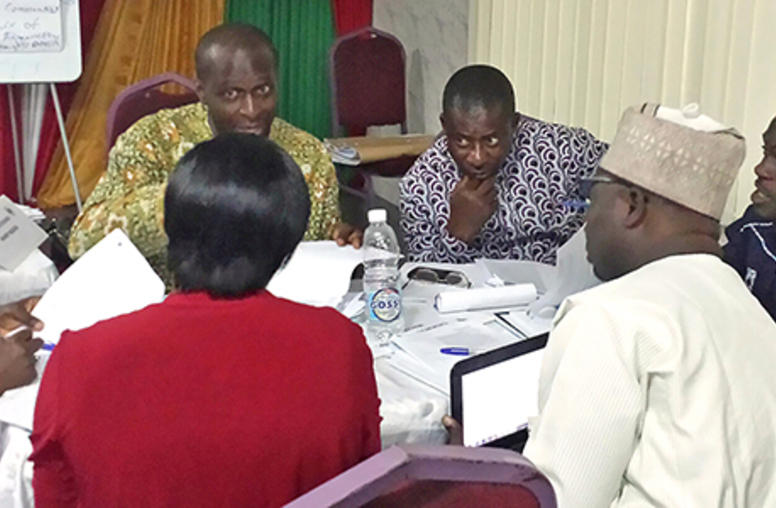
Nigeria Activists Find Gaps in Violence Prevention Efforts for 2015 Elections
Nigeria's February 2015 general elections have been described by former Assistant Secretary of State Johnnie Carson, a senior advisor at the U.S. Institute of Peace, as being both "intensely watched and extremely important." The vote poses risks as the country struggles with internal conflicts, but it also presents possibilities for citizen engagement and political stability. Yet a workshop we conducted recently in the capital Abuja exposed some critical gaps in efforts to prevent election-r...
